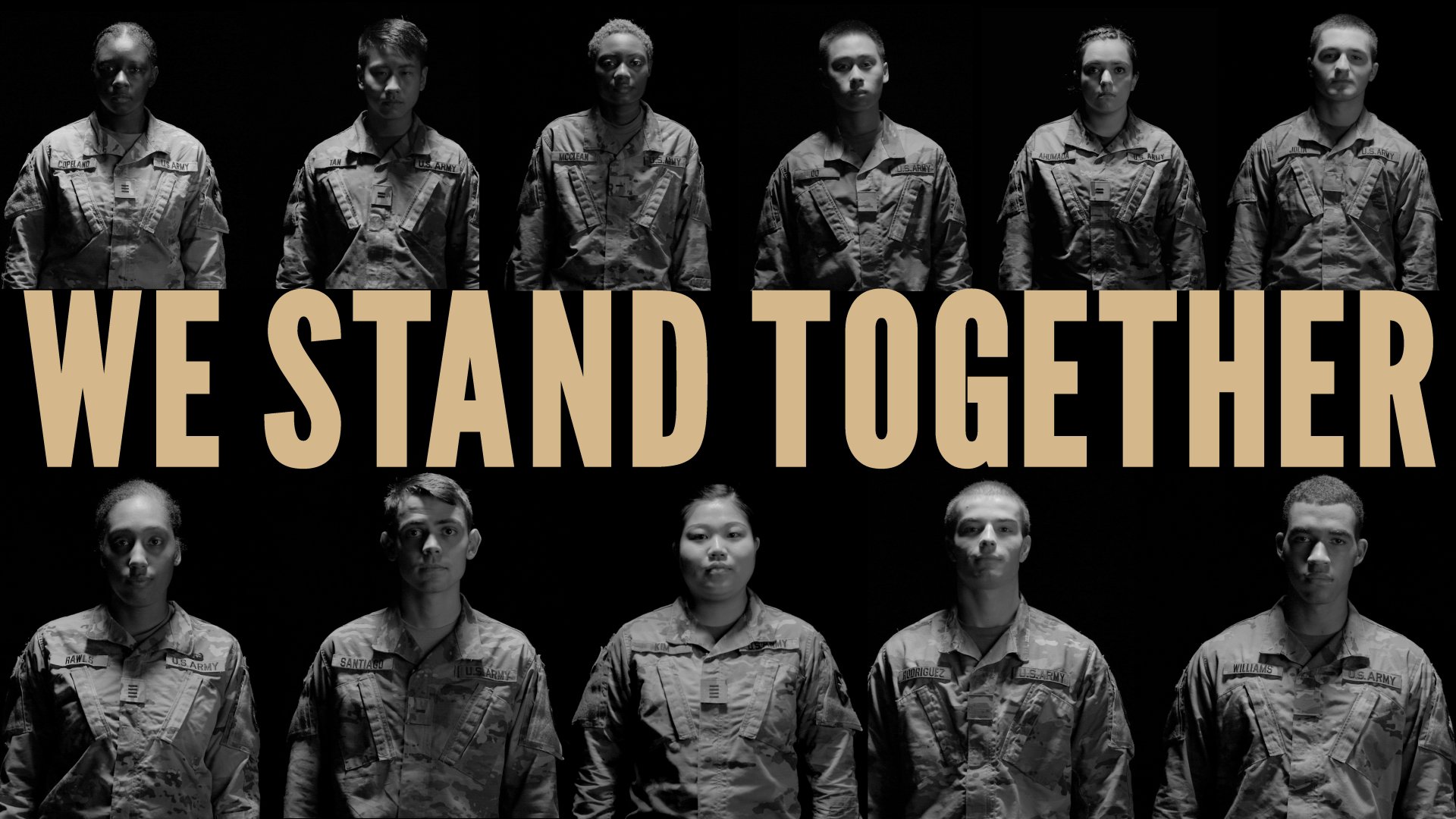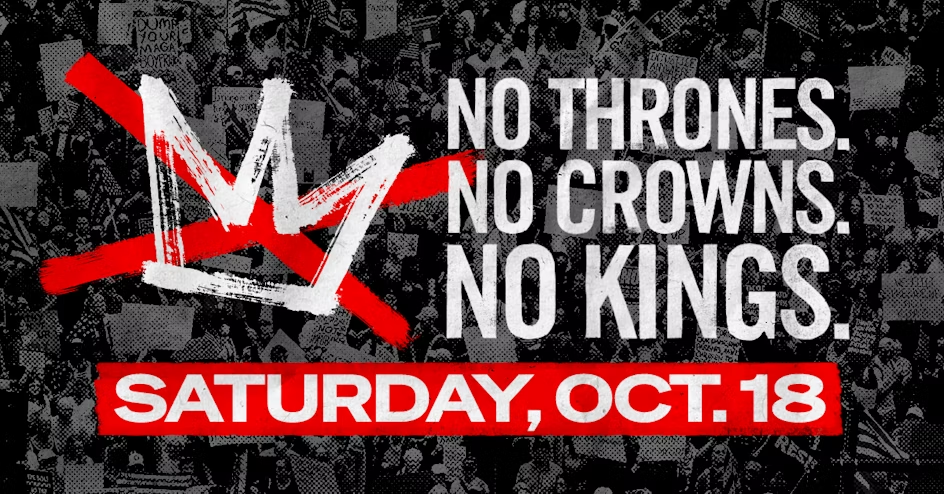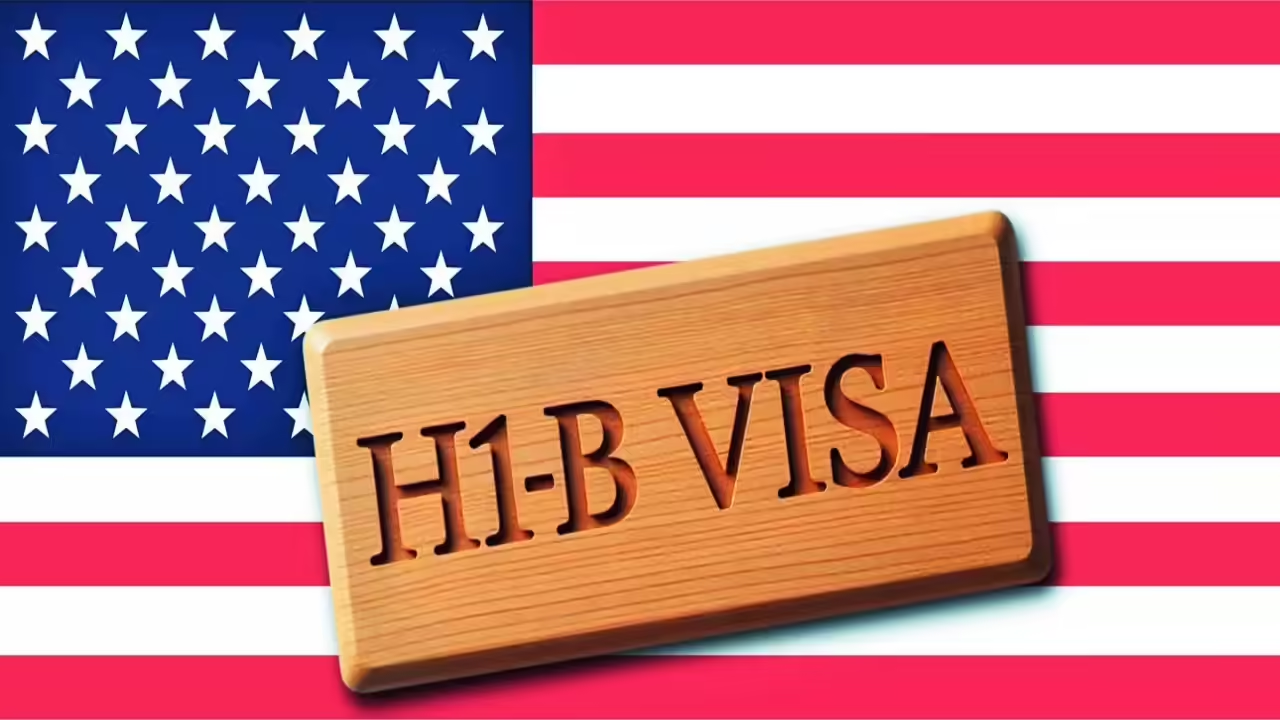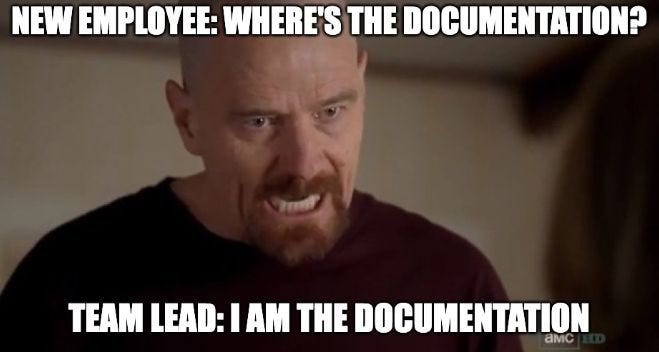As a son of a Navy Chief, I grew up understanding the value of service, discipline, and shared mission. The military is not a monolith—it’s a living organism made of people from every possible background, pulling toward a common goal. That’s why Pete Hegseth’s recent speech to the assembled military leadership, and the administration’s broader rebranding of the Department of Defense as the “Department of War,” landed with such disturbing clarity. It’s not about semantics. It’s about signaling a shift—from defending the Constitution to enforcing an ideology.
Hegseth’s framing sets up a false dichotomy. Unity and diversity are not opposites (homogeneity is the opposite of diversity). Unity describes a group of people aligning around a shared purpose, mission, or set of values—defending the Constitution, completing the mission, protecting one another. Diversity, meanwhile, reflects the reality that those people bring different experiences, perspectives, and ways of thinking to the table. Those two things can and must coexist.
History bears that out. Diversity doesn’t weaken unity; it deepens it. Homogeneity may reduce friction, but it also breeds blind spots and groupthink—luxuries no fighting force can afford. A force that draws strength from difference can anticipate more, adapt faster, and survive longer. That’s not a cultural slogan. That’s an operational truth. Ask a Navajo Code Talker…
So, we have to wonder: what is Hegseth actually saying? On the surface, you could interpret his point as a reminder that the military’s cohesion depends on shared purpose. Fair enough. But scratch beneath that, and the framing shifts. By positioning unity as the “real” strength and diversity as a “fallacy,” he implies that inclusion itself is a liability—that the military’s problem isn’t lack of focus but too much representation. That’s not a call for cohesion; it’s a call for conformity.
It’s a rhetorical sleight of hand designed to make exclusion sound like patriotism. Wrap it in the language of mission, and suddenly dismantling diversity programs becomes “restoring unity.” The message is clear: difference is disorder, dissent is danger, and control is the cure.
The Broader Project
This isn’t happening in a vacuum. It ties directly into the larger authoritarian project—Project 2025 being its clearest articulation—which seeks to consolidate power by reshaping the state itself. Every authoritarian movement in history has sought to redefine “unity” in its own image. Whether it was Mussolini’s corporatismo, Franco’s “national Catholicism,” or mid-century America’s Red Scare, the goal was the same: erase internal difference so the state could act without internal resistance.
That’s why language matters. The shift from Department of Defense to Department of War is not just branding—it’s a declaration. “Defense” implies restraint, purpose, legitimacy. “War” implies aggression, inevitability, and permission. Combine that with rhetoric that recasts inclusion as weakness, and you get a moral inversion: those who question authority are now “divisive,” and those who demand homogeneity are “patriotic.”
When unity becomes code for obedience, and diversity becomes shorthand for decay, you’ve already lost the plot of democracy.
What’s Really at Stake
This is not just a fight over military culture—it’s a test of national character. The United States was founded on the tension between unity and difference. The Founders argued, bitterly and imperfectly, over how to balance them, because they understood that liberty requires both. That’s what makes our institutions resilient: they were built to contain disagreement, not erase it.
So when figures like Hegseth invoke “unity” while hollowing out its meaning, it’s worth remembering: authoritarian systems always define unity as submission. Democratic systems define it as commitment—to ideals, to each other, to the messy work of holding a plural nation together.
Diversity without unity is chaos.
Unity without diversity is tyranny.
The American project has always been to walk that line, imperfectly but deliberately.
If we abandon that balance—if we allow “unity” to be weaponized as a bludgeon against inclusion—we won’t just lose our moral compass. We’ll lose the very thing that has made our military, and our democracy, worth defending.




